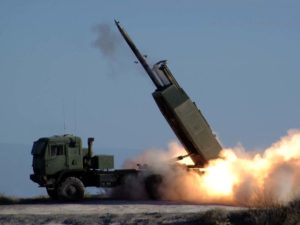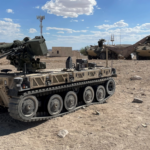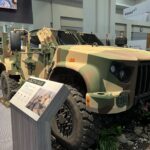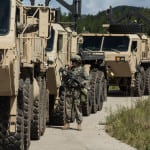
The Army on Thursday awarded Lockheed Martin [LMT] a $430.9 million production contract for High Mobility Artillery Rocket System (HIMARS) launchers to help replenish stockpiles of the weapon sent to Ukraine. “This award will enable us to replenish our own inventory while providing critical capabilities for our allies and international partners,” Doug Bush, the Army’s top acquisition official, said in a statement. “We remain committed to getting things on contract as quickly as possible to ensure our stocks are rapidly…

 By
By 










